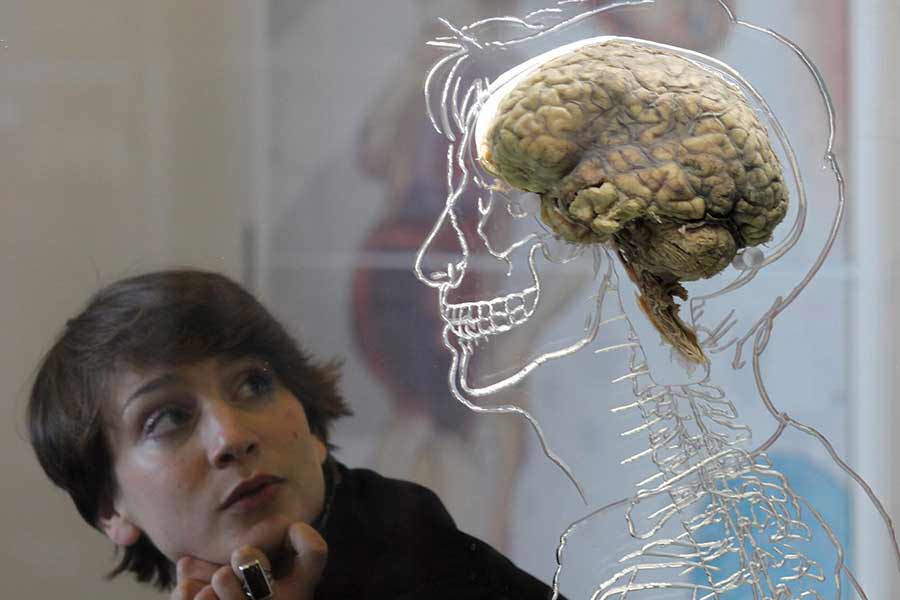The iron law of cause and effect decrees that nothing happens by chance. For every action, there is an equal and opposite reaction. Are we locked into a perpetual chain of cause and effect? Are we ruled by our genetics and our environment? Is it possible to create a new chain of causality? There is a raging debate in the fields of philosophy, neuroscience, and religion on the topic of free will.
Most scientists and philosophers believe that free will is an illusion. They are convinced that we do not have agency, are in an immutable chain of cause and effect and that our lives are predetermined. This is counterintuitive to our daily experience of life. There is, however, convincing evidence that they are correct.
On the other hand, most religious scholars believe the opposite. Free will is a central doctrine of theology. This belief also has its philosophical conundrums. For instance, if there is an omniscient God who knows the future, this is mutually exclusive to free will.


